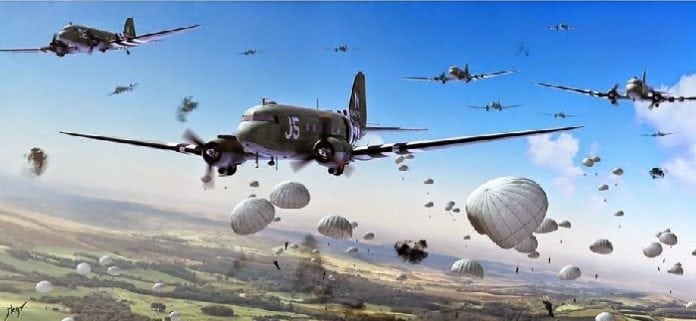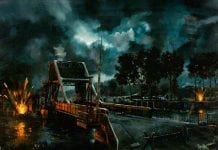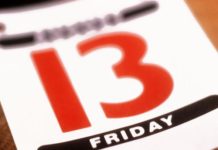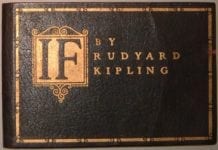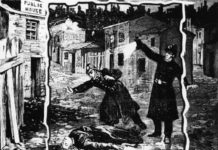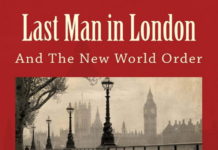Operation Market Garden began on September 17, 1944, three months after D-Day.
The plan was for the British Army, and its allies, to drive through Holland and Belgium and free those countries of Nazi occupation.
The advance led to the Battle of the Bulge three months later.
These extracts are taken from the personal memoirs of a British 6th Airborne Paratrooper, Albert Childs, and range between 1938 & 1948.
They don’t necessarily relate to Market Garden but are selected as stories that remind us of The Greatest Generation and the role of the British Paratrooper.
The Jump over the Rhine River (March 1945)
On Monday 19 March a convoy of trucks took us to transit camps in East Anglia. My group went to a farm somewhere in Essex. We spent most of the time there training and checking equipment, although did have some films and concerts in the evenings.
On 24 March we enplaned and headed off for what would be our last combat adventure. This operation dwarfed both D-Day and Arnhem in terms of size and numbers. They told us afterwards that we flew in three columns of some two-hundred miles long, which took more than two hours and thirty minutes to pass overhead.
As the troop carriers conveying the paratroopers and the tugs with their gliders approached the River Rhine, fighters and bombers ahead of us struck at every enemy position they could find. I looked around at the other paratroopers and noticed that Ball, now a sergeant himself, was still with me.
As our Dakota flew towards the Rhine I thought that we really did look a fierce lot. Battle hardened, unafraid and highly trained. I wouldn’t have wanted to be one of the Germans on that day. All of the veterans knew what to expect and knew that some of us would not be returning. But others were new recruits making their first drops.
Suddenly the time came and the dispatcher’s voice broke the silence when he called out for us to stand up and hook up. I stood waiting by the door. I was number one this time and I could feel the wind from the slipstream of the Dakota’s engines rushing by. I looked downwards and saw the billowing smoke below, the gunfire looked intense and the flak was heavy. But I was ready to go again.
The plane next to us was hit and I could see flames coming from the engines. It seemed to be losing height as it swung away to the left and I saw paratroopers leaping from it. I looked back at the red light in my aircraft and suddenly the bottom light flashed green and out I went. Paratroopers were tumbling out all around me and the sky filled with billowing chutes.
Flak bursts were exploding amongst the paratroopers and aircraft. My chute opened and I felt several machine gun bullets and pieces of shrapnel pass through the material above my head. It was more frightening than the D-Day jump as nobody was expecting us that time. And so nobody was shooting at us either.
But they were this time. I did not notice the ground coming up at all as I could only see yellow smoke bombs which were being laid as marks for the incoming pilots. Luckily it did not take long as we were dropped at a very low level.
Some of the paratroopers had fallen into the trees and were shot as they hung there, defencelessly. Meanwhile others were already making for the rendezvous. The Germans seemed to be entrenched in strong positions and so much was happening.
The gunfire, smoke and the noise was intense. I hit the ground with a bang, got out of my harness quickly and ran towards a container. There were bullets ripping into the ground ahead of me from a German machine gun but the smoke was so thick I couldn’t see anything.
Luckily some descending paratroopers from my section had spotted it and promptly put it out of action before they had even landed. On that jump most of us were shooting on the way down. I lay for a while behind the container wondering if my leg was ok. I eventually got to my feet and with two of my section we opened a crate and withdrew some automatic weapons and ammunition.
We then made it across to the edge of the woods and my company commander was already there. He asked me if I was alright and I reported a pain in my leg but I didn’t think I had been shot. Instead it was just a bad landing.
After a short while the pain slowly disappeared and so it was just a bad landing, not a bullet. In fact I think that was the worst landing I had ever made. Happily, it was to be my last anyway.
Later when I received some first aid I realised that I had pulled a calf and thigh muscle. That was all, nothing serious. The drop had been the most dangerous we had done and paratroopers were either lying injured or grabbing weapons from the containers.
The Germans continued to pour fire into the drop-zone, but nobody seemed at that time to take any notice as we were all too busy getting ready to attack them.
The Greatest Generation: Diary of a 1st & 6th Airborne Paratrooper (1940-1950)
The Greatest Generation extracts
Albert Jack AUDIOBOOKS available for download here
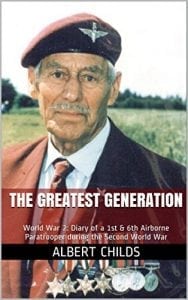
The Greatest Generation

